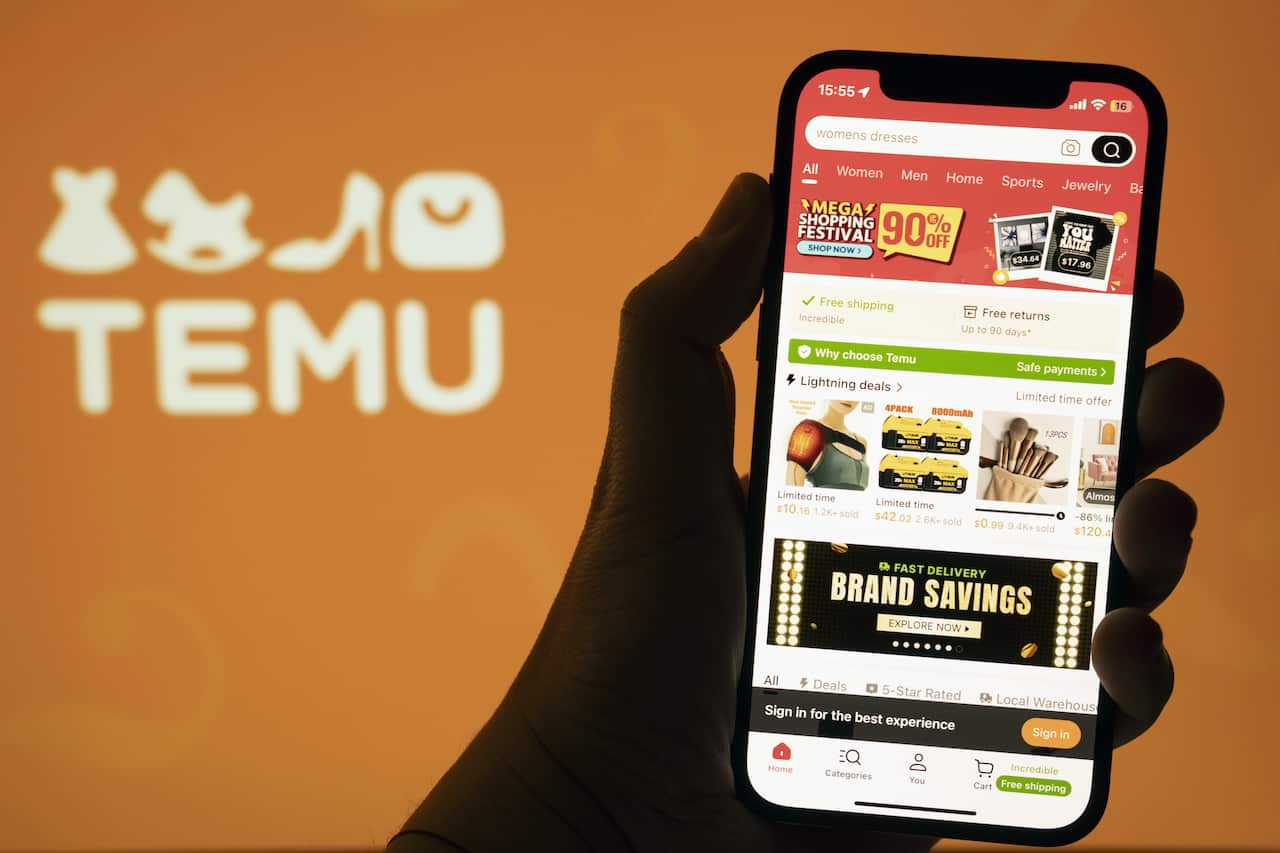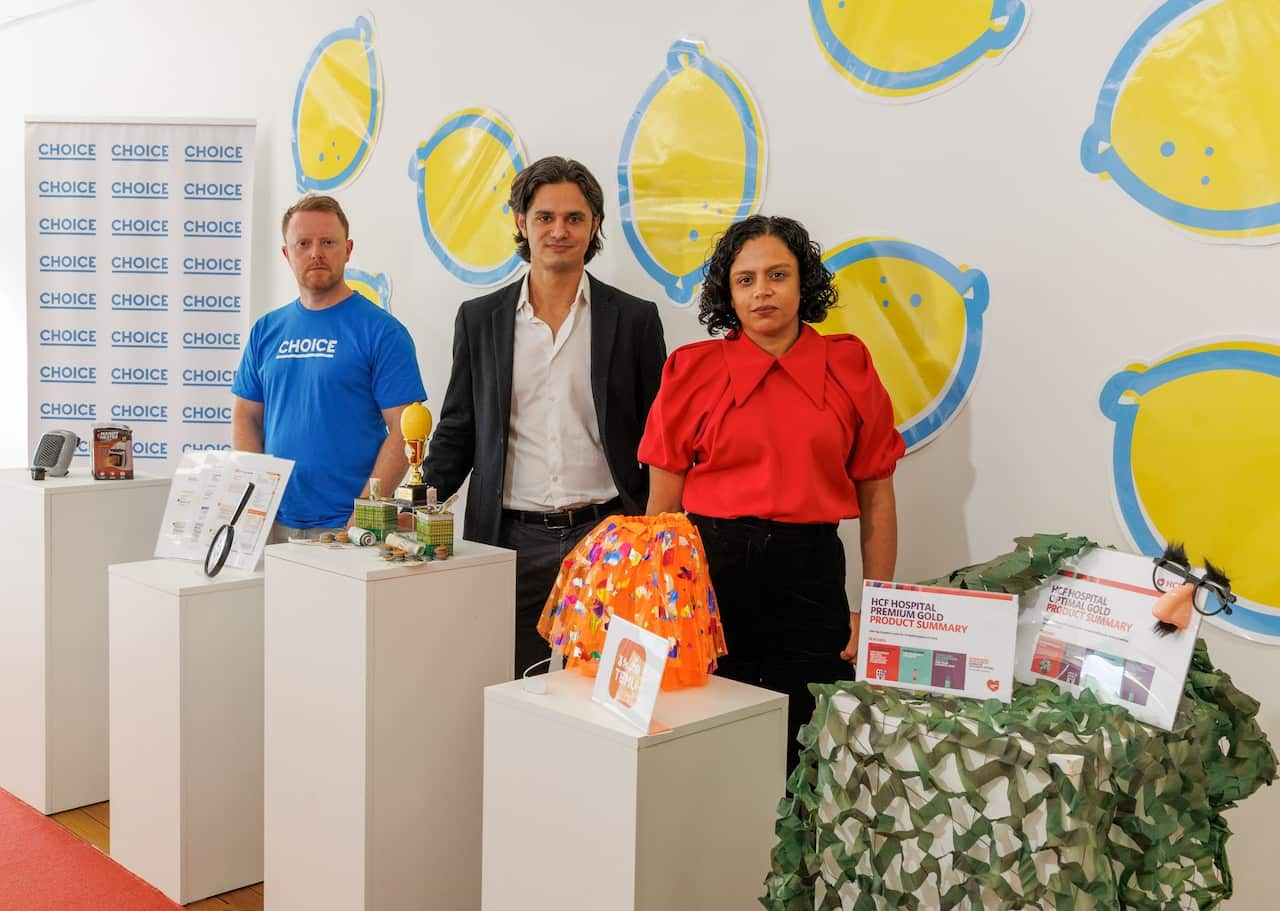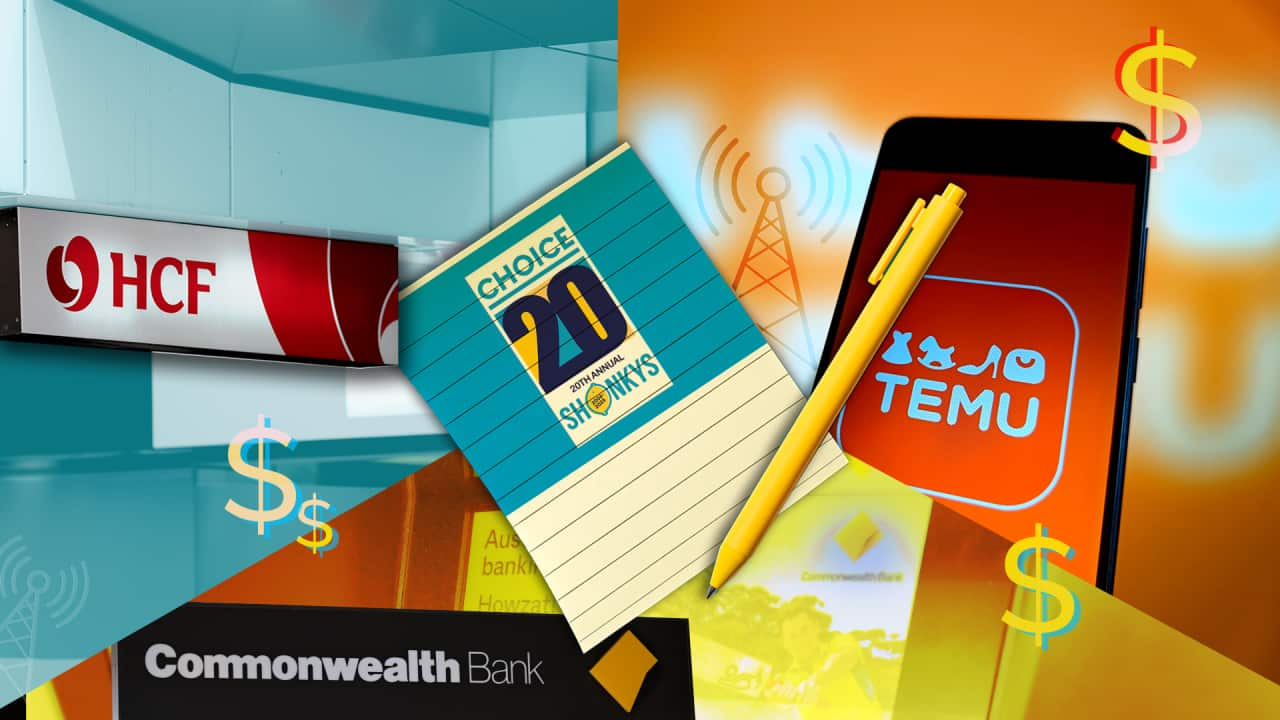Consumer advocacy group Choice has unveiled its 20th annual Shonky Awards list of products, services and companies it deems dishonest or unreliable.
Among those in the 'winners' circle, the Commonwealth Bank earned the dubious honour for the fourth time, making it "the most awarded Australian company in Shonkys history", according to Choice.
The bank was included this year for "refusing to refund millions of low-income customers $270 million in fees that never should've been charged", Choice CEO Ashley de Silva said.
In July this year, the Australian Securities and Investments Commission released a review finding that several banks had charged excessive fees to low-income Australians.
"In CommBank's case, 2.2 million customers were collectively charged $270 million in unfair fees," de Silva said.
At the time, the Commonwealth Bank said it would not refund the $270 million, arguing that fees had been disclosed to customers and charged in accordance with terms and conditions.
In a statement to SBS News responding to the Shonkys listing, a Commonwealth spokesperson said the bank had committed to "making goodwill adjustments where appropriate to customers who have incurred unusually high fees".
"For eligible concession customers, we have paused certain fees, including overdraw and monthly account-keeping fees," the spokesperson said.
The bank made $25 million in goodwill payments to approximately 87,000 First Nations concession customer accounts following a 2024 ASIC report, they said.
An 'unsafe haven'
Other recipients this year included the online shopping platform Temu, with Choice citing poor customer service, difficulty securing refunds, and being "an unsafe haven for dodgy sales tactics and fast fashion".
But de Silva said safety was "perhaps the biggest issue" at Temu.
In 2024, Choice randomly tested 15 products from Temu, all of which failed at least one requirement of Australian regulations designed to keep children safe.

All 15 products were removed from sale. But Temu has "continued to make headlines for safety issues", de Silva said, referencing an incident last year where a Queensland child suffered burns after a hoodie purchased from Temu she was wearing went up in flames when "rogue sparks" from a firepit landed on it.
"The ACCC found the hoodie wasn't compliant with mandatory safety standards, as it had no fire warning label of any sort. Four months later, Temu recalled the hoodie, but the damage had already been done."
In a statement to SBS News, Temu said consumer safety was a "top priority" for the company, and while it did not manufacture products, it took "platform responsibility seriously" and acted swiftly to remove listings when there were safety concerns.
A spokesperson for the platform said items were "promptly removed" after safety issues were raised by Choice, and it had further strengthened oversight.
The spokesperson said the company had invested significantly in measures such as vetting sellers, pre-listing checks and monitoring by both automated systems and human review.
Energy retailers' 'sneaky' tactics
Energy retailers were also in Choice's sights this year, receiving a Shonky Award for "sneaky pricing tactics designed to confuse customers".
De Silva said the group had seen a number of retailers roll out new, cheaper plans with the exact same name as existing plans — leading many consumers to believe they were already on the best plan.
"CHOICE research estimated energy customers could have collectively saved about $65 million per year if retailers had made it clear that the new plan with the same name was cheaper than the existing one," de Silva said.
The Australian Energy Council, the peak body for energy retailers, said retailers' marketing practices and how they described their offers were heavily regulated by the Australian Energy Regulator (AER) and monitored by the Australian Competition and Consumer Commission (ACCC).
"Retailers are required to maintain compliance with these regulations, which have been recently amended to make it easier for customers to compare offers," a spokesperson told SBS News.
"The Better Bills guidelines, overseen by the AER, determine what wording retailers must use on bills when notifying customers of the best offer available," they said.
"The ACCC had been aware of this issue for some time, and retailers had been in lengthy discussions with the AER on changing the wording on bills to ensure it was easier for customers to understand.
The AER subsequently allowed changes to the 'better offer' message earlier this year, so when a better offer that has the same name as a current plan is used, a statement will also appear on the bill to clarify and explain it."
The spokesperson said the energy council had not seen any modelling to support Choice's $65 million figure or an explanation of how the group arrived at it.

Private health insurer HCF also received a Shonky Award this year for what Choice described as a "price rise in disguise".
The group said HCF had closed its Premium Gold policy to new members and instead released a "nearly identical" policy called Optimal Gold with a 34.6 per cent price increase.
It argued HCF had done this to bypass the government approval process for health insurance premium increases on existing policies.
In a statement to SBS News, HCF said: "To help keep Gold-level protection accessible, equitable, and sustainable, HCF updated its product and pricing structure for new Gold policy sales in February 2025."
"These changes apply only to new sales and are in full compliance with industry standards and regulations."
The insurer added that challenges with the sustainability of Gold-level coverage reflected broader pressures within the sectors, driven by "higher costs from complex claims, particularly in mental health".
A plug-in heater that 'doesn't plug in'
While most of Choice's scorn this year was for companies and services, it did highlight one individual product: a mini electric heater called the Handy Heater Turbo 800.
De Silva said it was a "plug-in heater that doesn't plug in", as it wouldn't fit directly into an Australian power point without an adaptor.
"The travel adaptor that came with the heater also wasn't compliant, leaving pins exposed when plugged into an Australian power point.
"Other safety issues included a lack of any kind of thermal protection device, insecure wiring, and a heating element directly mounted onto thermoplastic — a material that becomes soft when heated."
Choice's testing also revealed the heater didn't produce "anywhere near as much heat as its advertising suggests", de Silva said.
SBS News sought comment from the distributor of the Handy Heater Turbo 800 but did not hear back before publication.
For the latest from SBS News, download our app and subscribe to our newsletter.

